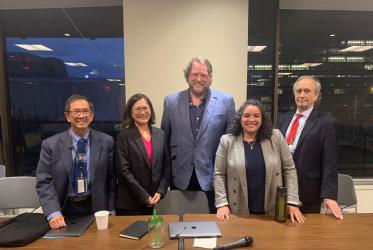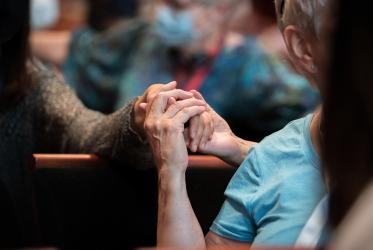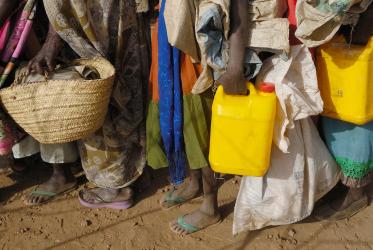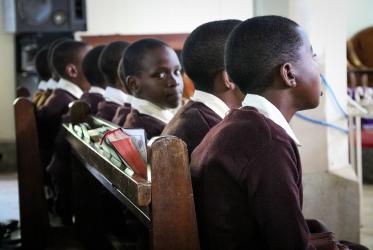Displaying 1 - 20 of 61
WCC Eco School for North America postponed until 2023
14 November 2022
2022 Social Forum: Water for human rights and sustainable development
03 - 04 November 2022
Palais des Nations in Geneva, Switzerland
Climate crisis fuels existing water injustice
27 October 2021
How racism and colonialism are exacerbating impacts of climate change
29 September 2021











